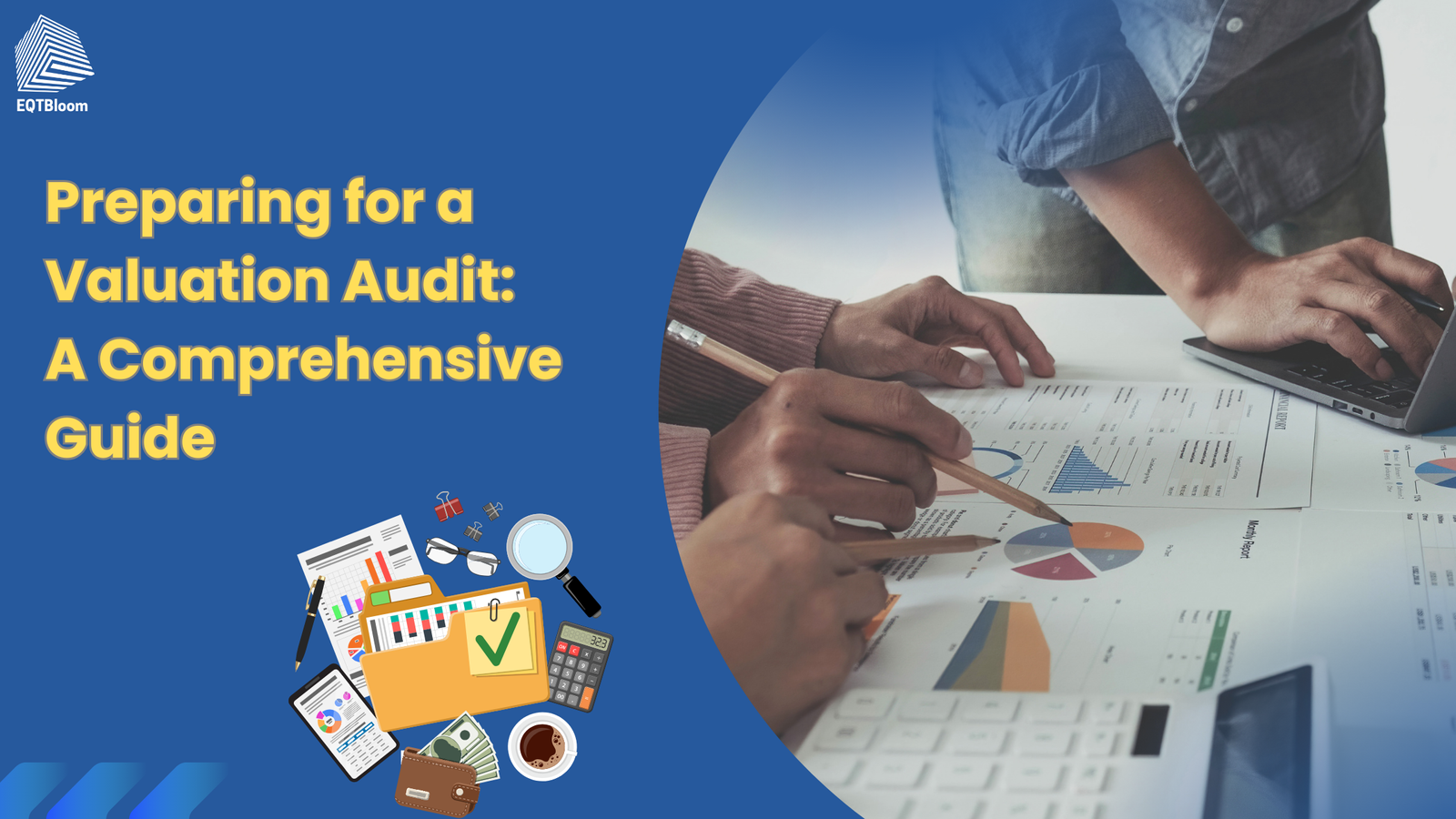Preparing for a Valuation Audit: A Comprehensive Guide
If you're running a business, a valuation audit might sound a little overwhelming. But don’t worry! It’s just a process where experts check how much your company is really worth. Whether you’re raising funds, planning to go public, or just making sure your numbers are solid, preparing for a valuation audit is crucial. And with the right steps, you can make it a smooth experience. Let’s break it down in simple terms!
1. Kick Off with a Meeting
The first thing to do is get everyone—your auditors and valuation experts—in the same room (or virtual call). A kickoff meeting is like a game plan session. Here, you’ll all agree on the rules of the game: what methods will be used to value your company, what assumptions will be made, and what standards everyone will follow.
By starting with a clear plan, you’ll avoid confusion later on, and everyone will be working towards the same goal.
2. Get Your Financial Forecast Ready
A valuation is all about predicting your company’s future. You’ll need to prepare a financial forecast—a document that shows your expected revenues, profits, and growth. But don’t stop there. You should also explain any big changes that might affect your business, like new products, shifts in the market, or impacts from external factors (e.g., a pandemic).
The better your forecast, the easier it will be for the auditors to get an accurate picture of your business's worth.
3. Handle Special Funding Situations
If your company has raised money using special financial tools like convertible notes or SAFEs (agreements to convert into shares later), you need to be clear about how these impact your valuation. Also, if you’ve raised money in a down round (where your company is valued lower than before), be prepared to explain how this affects the value of your shares and the rights of your investors.
4. Keep Your Valuation Fresh
In uncertain times, businesses often stretch their funding as far as possible. But if it’s been a while since you’ve raised money (say, over 12 months), you need to check if your current valuation still holds up. Make sure to update your numbers if anything significant has changed, like customer growth, revenue, or market conditions.
5. Look at Market Comparisons
If you’re struggling to figure out your company’s value, one good strategy is to look at similar companies in your industry. How much are they worth? This gives you a ballpark figure for your own business. Just keep in mind that every company is different, so adjust the comparison based on your size, risk, and potential.
6. Be Ready for Questions
After your valuation report is ready, review it thoroughly. Auditors will ask questions, and you need to be able to explain why certain numbers or methods were used. For example, why did you assume your sales would grow by 20%? Make sure you understand the assumptions behind the report.
Ask questions if anything’s unclear—you’ll need to feel confident when the auditors come knocking.
7. Gather All the Necessary Documents
Auditors will want to see a lot of paperwork to back up your valuation. Make sure you have these documents ready:
- Your company’s financial statements (profit & loss, balance sheet)
- Recent updates shared with investors or the board
- The latest financing details and any new shares issued
- A capitalization table that shows who owns what percentage of your company
This might seem like a lot, but having everything organized ahead of time will save you headaches during the audit.
Final Thoughts
Preparing for a valuation audit doesn’t have to be scary. With the right steps—clear communication, solid financial forecasting, and organized documentation—you can make sure the process goes smoothly. Not only will this audit help you see your company’s true value, but it’ll also prepare you for future growth and opportunities.
So, take a deep breath, get your game plan together, and you’ll be ready to ace your valuation audit!






